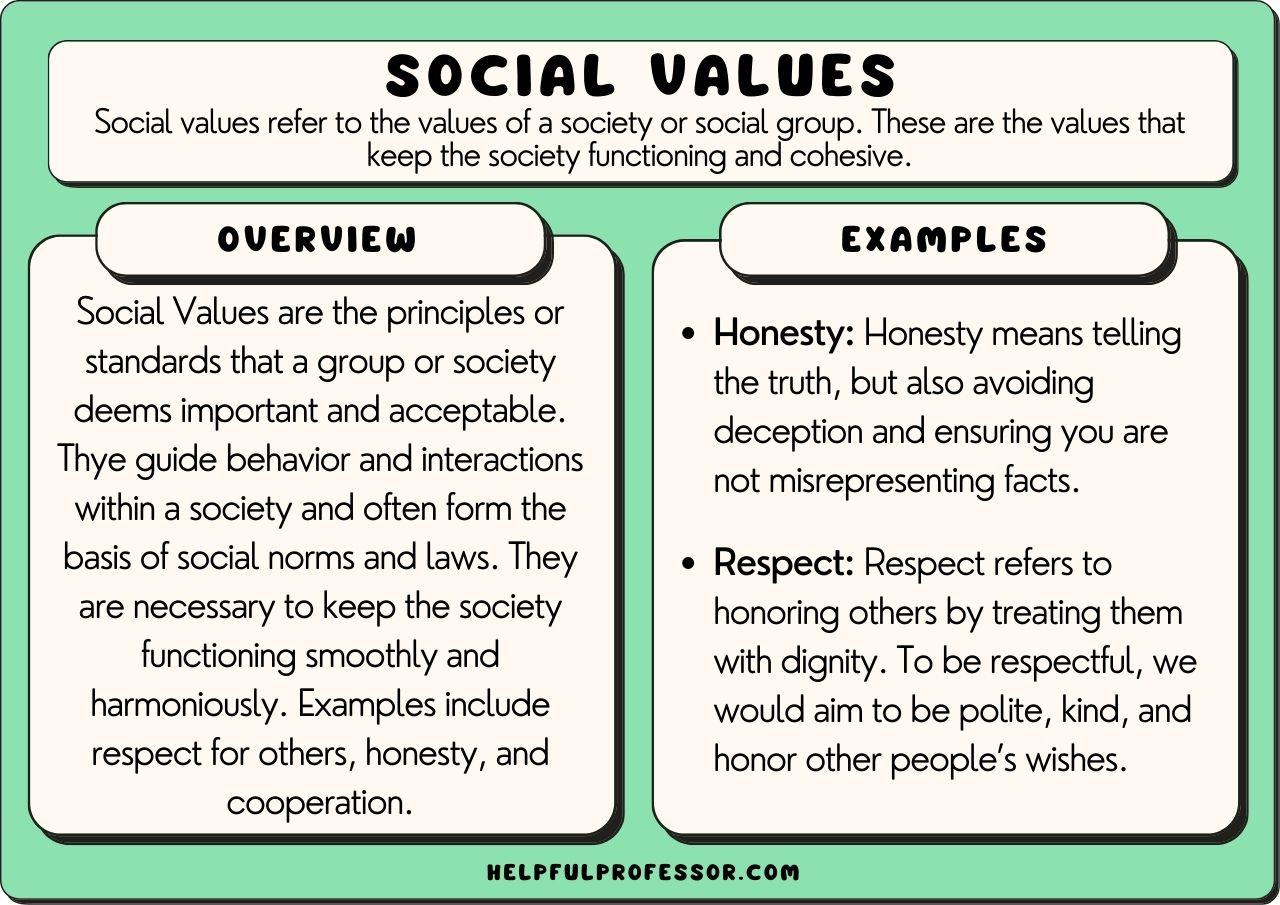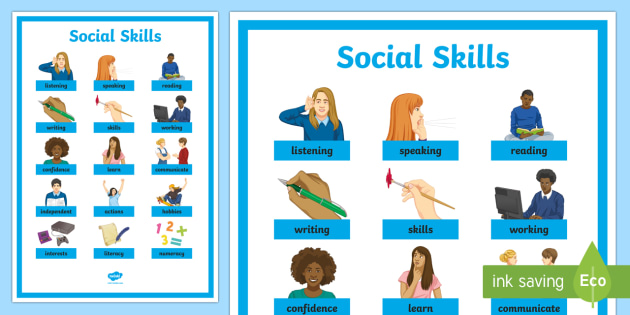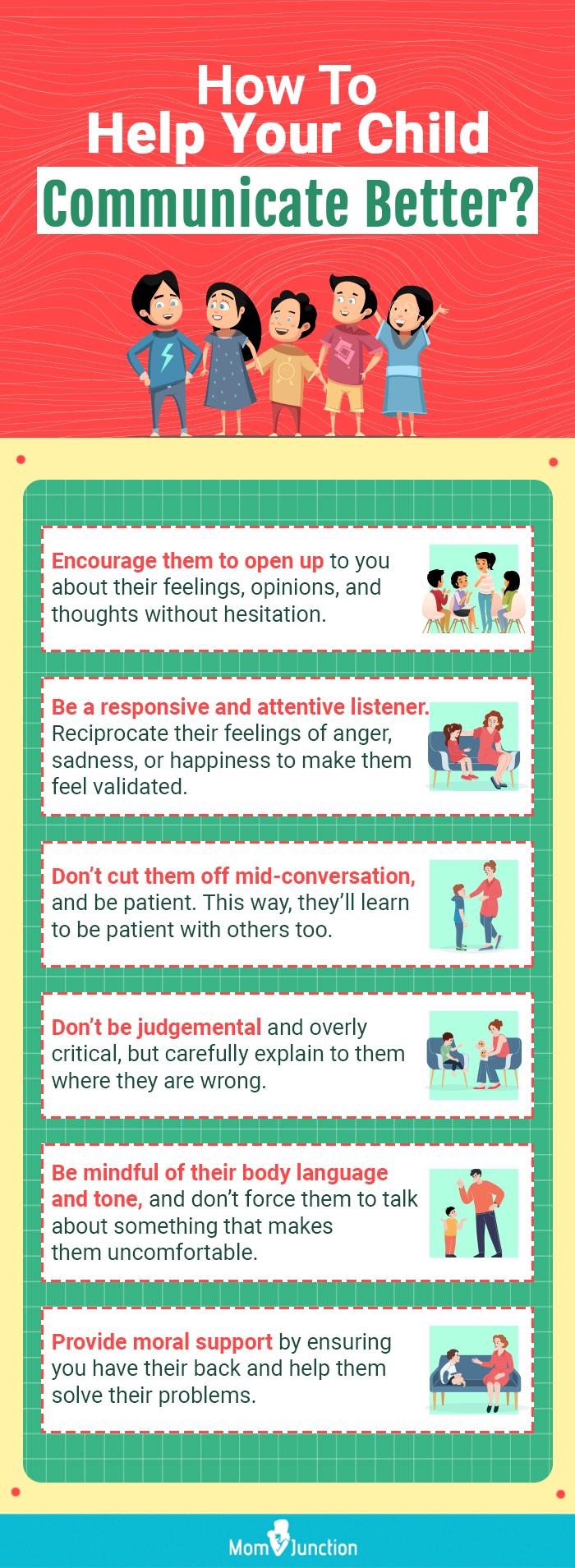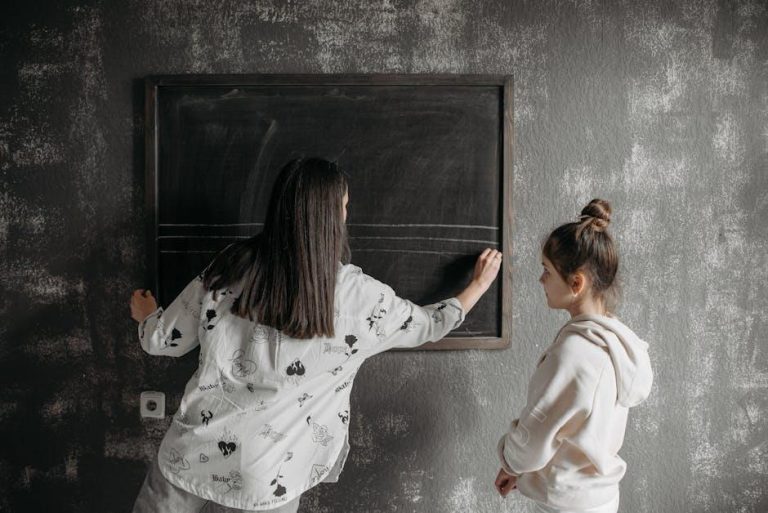The Importance of Etiquette: Enriching Homeschool Lessons

Welcome to the wild world of homeschooling, where the classroom is your living room and the teacher is most likely wearing pajamas. As we navigate this uncharted territory of education, one key element often gets overlooked amidst all the chaos and confusion: etiquette. Yes, that’s right folks, manners still matter, even in the comfort of your own home. So grab your pencils and your please and thank yous, because today we’re delving into the importance of etiquette in enriching your homeschooling lessons. Get ready to say “excuse me” to success!
The Role of Etiquette in Homeschooling Curriculum
Etiquette in homeschooling curriculum is more important than you might think. Not only does it teach kids important social skills, but it also prepares them for the real world. Here are some reasons why including etiquette in your homeschooling curriculum is essential:
- Respect for Others: Learning proper etiquette teaches children to respect others and their personal boundaries. After all, no one likes a kid who eats with their mouth open or interrupts people when they’re talking.
- Social Interaction: Etiquette helps kids navigate social situations with ease. Whether it’s meeting new people or attending a formal event, having good manners can make all the difference.
- Professionalism: As kids grow up, they’ll need to know how to conduct themselves in a professional setting. From job interviews to business meetings, knowing the proper etiquette can set them apart from the competition.
So, the next time you’re planning your homeschooling curriculum, don’t forget to include a dash of etiquette. Your kids will thank you when they’re confidently shaking hands and saying “please” and “thank you” like pros!

Developing Social Skills Through Etiquette Lessons
Etiquette lessons are not just about learning which fork to use at a fancy dinner party. They can also help you develop essential social skills that will come in handy in various situations.
One of the key benefits of etiquette lessons is learning how to navigate different social settings with grace and confidence. Whether you’re at a business meeting, a wedding, or a cocktail party, knowing how to conduct yourself appropriately can make a world of difference.
By mastering proper etiquette, you’ll also learn how to communicate effectively with others. From making eye contact and offering a firm handshake to knowing when to speak up and when to listen, these skills can help you build strong relationships and make a positive impression.
So, the next time you’re debating whether or not to take that etiquette class, remember that it’s not just about fancy napkin-folding techniques – it’s about honing your social skills and becoming the life of the party!
Promoting Respect and Courtesy in the Home Learning Environment
In order to maintain a harmonious home learning environment, it’s important to remember to treat each other with respect and courtesy. Think of your family members as esteemed colleagues in an office setting, minus the annoying water cooler gossip and paper clips stuck in the copier.
One way to promote respect and courtesy is to establish clear boundaries and expectations. Just like in the corporate world, communication is key. Set up a family meeting (don’t worry, there won’t be any PowerPoint presentations) to discuss how everyone can work together to create a peaceful learning atmosphere. **Remember, a family that communicates respectfully together, stays together**.
Another great way to encourage respect and courtesy is to lead by example. Show your kids how to treat others with kindness and understanding. Instead of resorting to passive-aggressive note writing on the fridge, try having open conversations about any issues that arise and work through them together. **Because nothing says “I respect you” like a heartfelt apology after accidentally eating your sibling’s snack**.
Lastly, don’t forget to practice active listening. When your child is telling you about their virtual class drama, put down your phone (yes, Instagram will survive without you for a few minutes) and really listen to what they have to say. **Who knows, you might actually learn something new about your kids besides their obsession with TikTok dances**. Remember, respect and courtesy go a long way in creating a positive and productive home learning environment.
Enhancing Communication Skills with Etiquette Activities
Ever find yourself awkwardly stumbling through a conversation with a colleague or friend? It might be time to brush up on your communication skills with some etiquette activities!
One fun way to enhance your communication skills is by participating in role-playing scenarios. Get together with a group of friends and each take turns acting out different communication scenarios, such as a job interview or customer service interaction. Not only will this improve your ability to think on your feet, but it will also help you practice active listening and empathy.
Another great activity to try is a game of charades, but with a twist. Instead of just acting out words or phrases, try conveying emotions or intentions through body language and facial expressions. This will help you become more aware of nonverbal cues and how they impact communication.
Lastly, don’t be afraid to enroll in a formal etiquette class or workshop. Learning proper etiquette and communication techniques can go a long way in both your personal and professional life. Plus, who wouldn’t want to learn how to properly use a salad fork or make small talk at a cocktail party?

Teaching Empathy and Kindness Through Etiquette Education
When it comes to teaching empathy and kindness, etiquette education is a great place to start. By learning the rules of proper behavior, children can develop a greater sense of empathy and understanding for others.
One of the key lessons in teaching etiquette is the importance of manners. Saying “please” and “thank you” can go a long way in showing kindness and appreciation towards others. Teaching children to be polite and respectful not only promotes empathy, but also helps them build strong relationships with those around them.
Another way etiquette education can teach empathy is by emphasizing the importance of considering other people’s feelings. By teaching children to be mindful of how their actions impact others, they can develop a greater sense of empathy and compassion towards those they interact with.
Ultimately, by instilling the principles of etiquette in children, we can help them become more empathetic and kind individuals who are considerate of others’ feelings and needs. So let’s raise a generation of polite, empathetic kids who are not only well-mannered but also kind-hearted!
Fostering a Positive Learning Atmosphere Through Etiquette Training
Ever wanted to impress your classmates and teachers with your impeccable manners? Look no further! Our etiquette training sessions will teach you how to navigate the tricky waters of classroom interactions with finesse and charm.
From knowing when to raise your hand to how to address your teachers with the utmost respect, our training will cover all the bases. No longer will you be caught off guard by the dreaded “What’s the magic word?” or “Could you please stop talking during class?”
Imagine the looks of admiration as you gracefully hold the door open for your fellow students or offer to help carry a heavy load of textbooks. With our guidance, you’ll become the epitome of politeness in no time.
So join us on this journey to creating a harmonious and positive learning atmosphere through the power of etiquette. Who knows, you might even become the school’s etiquette guru, spreading the good manners gospel to all who cross your path!
FAQs
Why is etiquette important in homeschool lessons?
Etiquette is like the cherry on top of a sundae – it adds that extra touch of sweetness to your child’s education. By teaching proper manners and social behavior, you are not only shaping their character but also preparing them to navigate the world with grace and confidence.
How can parents incorporate etiquette lessons into their homeschool curriculum?
Get creative! Turn everyday activities like setting the table into a lesson on table manners. Role-playing scenarios can also be a fun way to teach politeness and respect. Just remember, practice makes perfect!
What are some common etiquette lessons that homeschoolers might overlook?
Don’t forget the basics! Simple things like saying “please” and “thank you”, holding doors open for others, and addressing adults by their titles can make a big difference in how your child is perceived by others.
How can teaching etiquette benefit children in the long run?
Think of etiquette as your child’s secret superpower. By mastering the art of manners, they will be better equipped to make a positive impression in social settings, excel in their future careers, and build strong relationships with others. Who wouldn’t want that for their child?
Remember, Manners Maketh the Homeschooler!
And there you have it, folks! Etiquette isn’t just a boring set of rules to follow – it’s the secret sauce that can take your homeschool lessons from “meh” to magnificent. So next time you’re thinking about skipping out on teaching your little ones about etiquette, just remember: a well-mannered student is a successful student. Happy homeschooling, and may the manners be ever in your favor!






